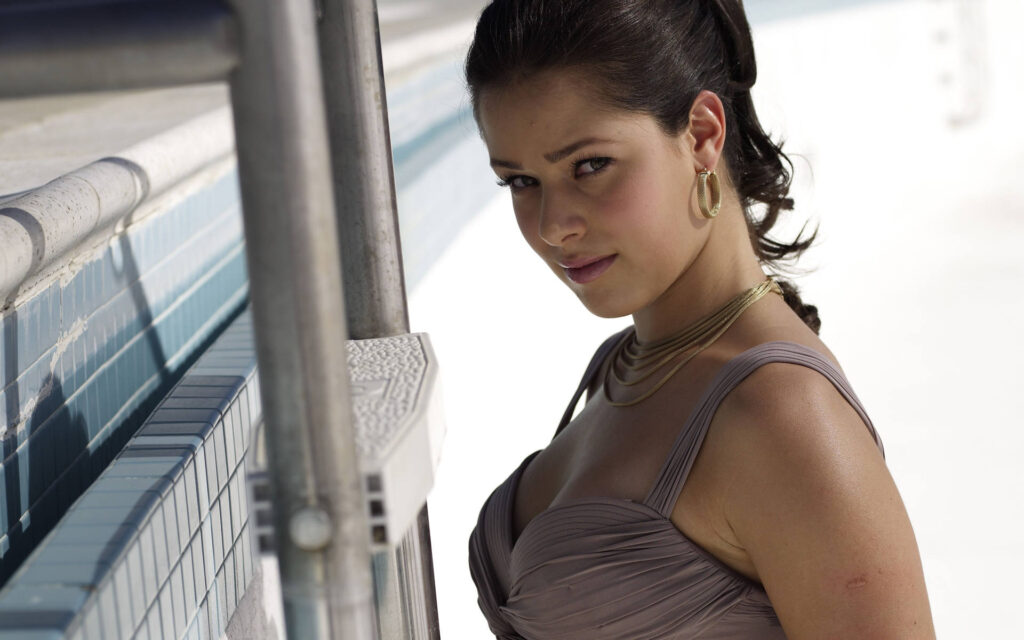
Ana Ivanovic
Ana Ivanovic is one of the most experienced women’s tennis players of all time. She has won 22 Grand Slam singles titles, including Wimbledon, the U.S. Open, and the Australian Open. Ivanovic spent 12 years on the tour, before becoming a coach. She now runs her own tennis academy in Houston, Texas. We talked to her about the state of women’s tennis and the future of the game.
Big Changes For the Better
Ivanovic thinks the biggest change for the better has been in the effort to become more scientific and data-driven in tennis. “We have a sport that is completely subjective at the moment; it is based on what you feel and what you experience versus what you can actually prove,” she says. While playing styles have changed over the years, especially with the invention of the groundstroke in the 1800s, it still comes down to a game of feel and energy, versus technique and strategy, which are all based on science. “You need to play against the science of tennis, and that is based on many factors: Your own performance, how you feel, how the conditions are, and so on. So instead of just going with your gut, you will get a better result if you play according to the rules of science.”
Not Just For The Younger Generation
Ivanovic thinks that although tennis is still primarily a game for the younger generation, it isn’t limited to it. She points to the success of tennis players like Ivanovic and Ivanov as examples of how the game can be approachable by the older generation.
“It is great to see that even though they are older they are still playing the game they love, and that many of them are still succeeding in it. So if that is an inspiration to others, then it is a good thing.”
Tennis may be approaching a new era, especially with the success of the WTA, which now has over 500 million annual active users. The game continues to grow and evolve, and while it’s always going to be about respect, the days of feeling unwelcome or undervalued are long gone, as are the days when only the very best could play. The future looks bright for tennis, as new stadiums are being built and old ones are being restored, and more and more people are interested in giving the game a try.
Where Do We Go From Here?
With the increasing popularity of the game, comes increased expectation. If you’re not prepared for the mental and physical challenge, it can be very disheartening to find out that you simply aren’t capable of handling the game the way that others can. So while the game continues to evolve, and new avenues of exploration are opening up, at the end of the day, it is still just a game.
That’s something that Ivanovic understands and accepts. “You can’t please everyone, and you can’t control how people perceive you. But as long as you are doing the best you can, and you have fun, that’s all that matters,” she says. “It is a hard road to become good at tennis, and I think that is something that we have to respect. It is a very, very hard sport, and there are a lot of talented players that cannot do it for a living. So what they do is they coach the game, and they help the players that they believe that they can help. So it is a very selective process. It is not that everyone can be good; it is that certain people can be good. So when people come along and claim otherwise, it is a little bit disrespectful.”